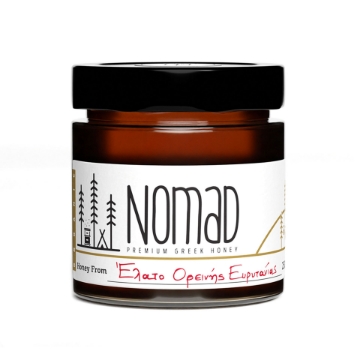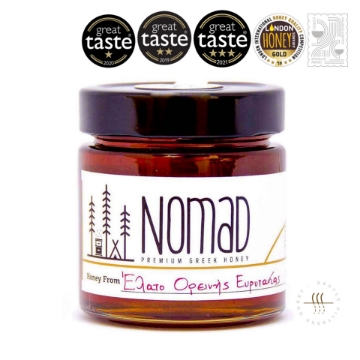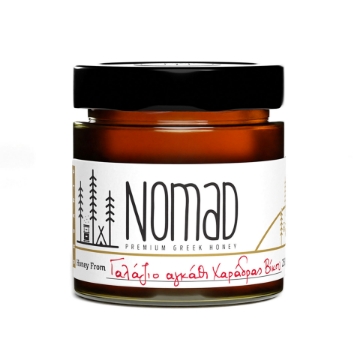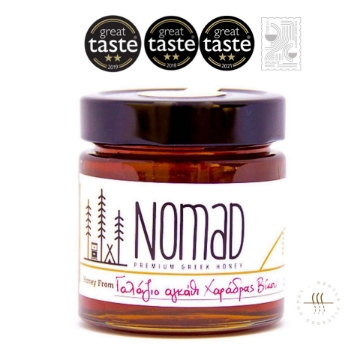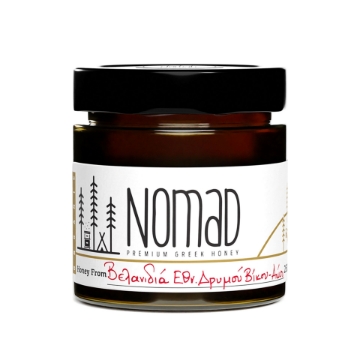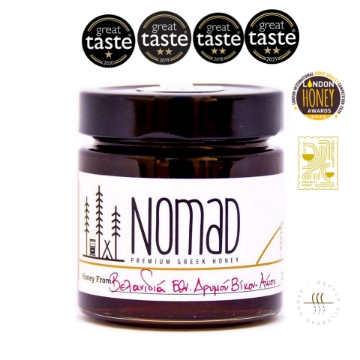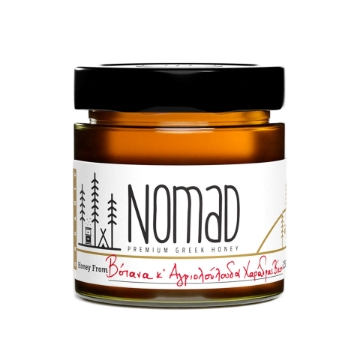
The Honey Showdown: Manuka Honey vs. Greek Honey - Unveiling Their Health Benefits
Honey, nature's golden nectar, has been revered for centuries for its sweetness and potential health benefits. But with a vast array of honey varieties available, the question arises: which one reigns supreme? Today, we delve into the fascinating duel between Manuka honey and Greek honey, exploring their unique health benefits and helping you choose the champion for your wellness journey.
Both Manuka honey, hailing from New Zealand, and Greek honey, a treasure of the Aegean, boast impressive credentials. Manuka honey is famed for its unique antibacterial compound, Methylglyoxal (MGO), while Greek honey offers a symphony of flavors and a rich antioxidant profile. So, which honey emerges victorious in the battle for health benefits?
A Closer Look: Unveiling the Powerhouses Within
Manuka Honey: The Champion of Antibacterial Might
Manuka honey's claim to fame lies in its high concentration of Methylglyoxal (MGO). This unique compound, derived from the conversion of nectar from the Manuka bush, imbues Manuka honey with potent antibacterial properties. Studies suggest MGO may be effective against certain bacteria strains, including Staphylococcus aureus (staph infection) and Helicobacter pylori (associated with stomach ulcers). [Disclaimer: Always consult a doctor for any medical conditions]
Greek Honey: A Symphony of Antioxidants
While Manuka honey boasts a powerful punch of MGO, Greek honey counters with a wealth of antioxidants. The diverse flora of Greece, from fragrant thyme to wild mountain flowers, contributes to the exceptional antioxidant profile of Greek honey. These antioxidants help combat free radicals in the body, potentially reducing the risk of chronic diseases like heart disease and cancer.
Here's a table summarizing the key health benefits of both contenders:
| Health Benefit | Manuka Honey | Greek Honey |
|---|---|---|
| Antibacterial Properties | High (due to MGO) | Moderate |
| Antioxidant Activity | Moderate | High |
| Wound Healing | Potential benefits | Potential benefits |
| Sore Throat Relief | Soothing properties | Soothing properties |
| Digestive Health | May aid gut bacteria | May aid gut bacteria |
Important Note: The potency of Manuka honey's MGO content varies significantly. Look for UMF (Unique Manuka Factor) ratings to ensure you're getting a potent variety with proven antibacterial properties.
Beyond the Basics: Exploring Additional Health Benefits
Manuka Honey:
Boosts Immunity: Studies suggest Manuka honey may enhance immune function by stimulating the production of white blood cells.
Skin Health: Manuka honey's antibacterial properties may be beneficial for wound healing and may also soothe minor skin irritations. [Disclaimer: Consult a doctor for any serious skin conditions]
Greek Honey:
Cough and Cold Relief: The soothing properties of Greek honey may provide relief from cough and sore throat symptoms.
Digestive Aid: Some studies suggest Greek honey may promote the growth of beneficial gut bacteria, aiding digestion.
Energy Source: Natural sugars in Greek honey provide a readily available energy source.
Remember: While both Manuka and Greek honey offer potential health benefits, it's crucial to consult a doctor before using them for any specific medical condition.







